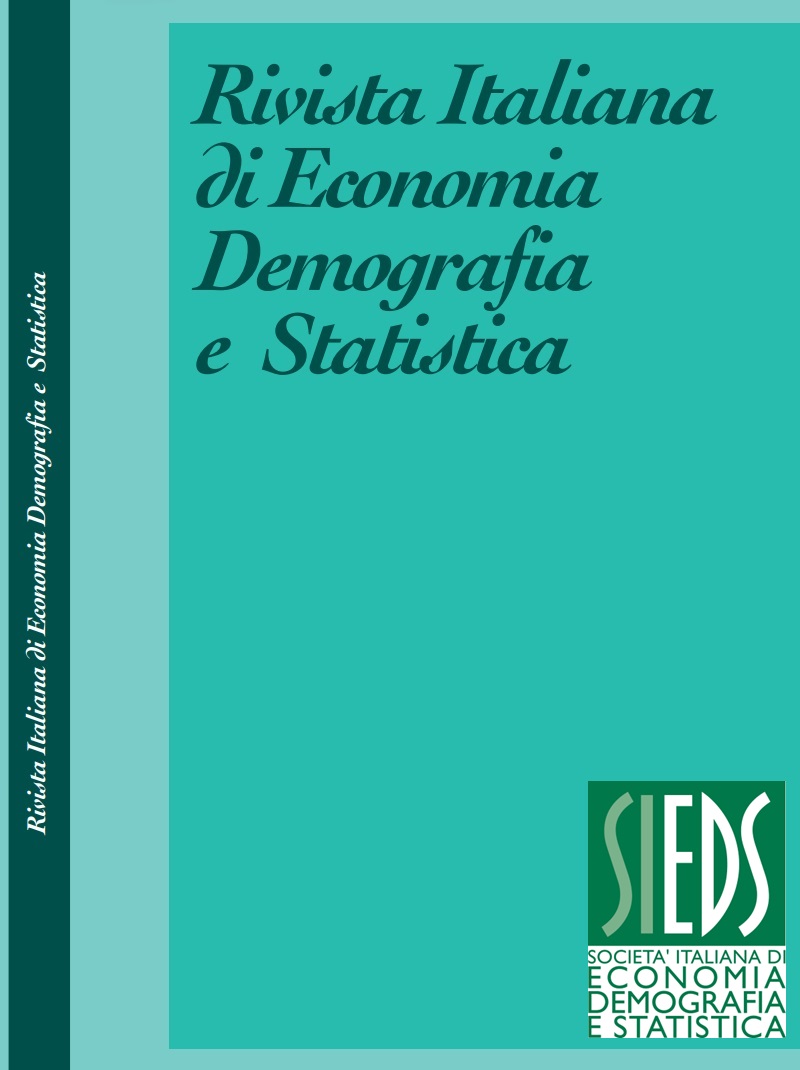The sustainability challenges of islands in a European perspective between marginality and development
Abstract
Islands, repositories of great cultural and biological diversity, have historically provided situations of excellence for measuring and studying evolutionary pathways (Darwin, 1856), i.e. laboratories. These places, blending both urban and rural elements, are highly vulnerable ecosystems with high degree of endemism where pressures from human activities can have devastating effects. In fact, Islands are among the places on the planet where the effects of climate change are most evident, especially with the upcoming threat of sea level rise. Island economies also have their own characteristics that make them vulnerable to external shocks: their insularity, remoteness and associated dependence on sea and air transport, even for basic activities, lack of economies of scale and dependence on global supply chains pose very specific development challenges. Moreover, they can be a real test case for sustainable development models. This work, based on official statistical data, aims, on the one hand, to monitor the degree of achievement of sustainable development goals in 17 European Islands and, on the other hand, to build a system of indicators tailored to the needs of these highly specific territories. Thanks to these indicators, Islands that had achieved some significant goals, either by taking the path of tradition or the path of innovation, will be identified. Finally, with a look at the daily life of the Islands, the correspondence of the theoretical models developed will be checked and the actions carried out on the way to sustainability will be observed. The aim is to build a tool that can be used in different contexts to measure well-being, environmental quality, the green economy and other aspects in the view of sustainable development and that can provide an integrated framework of internationally comparable quantitative information.
Downloads
Published
Issue
Section
License
Copyright (c) 2022 Simona Cafieri

This work is licensed under a Creative Commons Attribution 4.0 International License.



